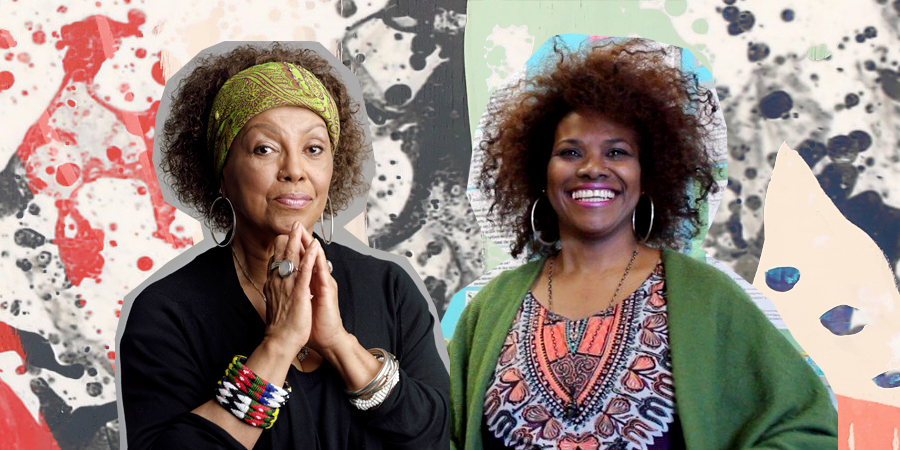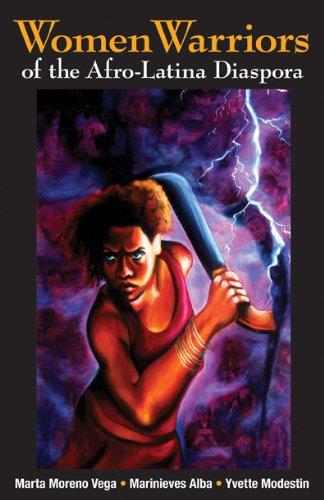Women Warriors of the Afro-Latina Diaspora

“My housewife mother turned into a raging warrior woman when the principal of my elementary school questioned whether her daughter and the children of my public school had the intelligence to pass a citywide test, Marta Moreno Vega writes in her essay. She knew then she was loved and valued, and she learned that to be an AfroPuerto Rican woman meant activism was her birth right. Hers is one of eleven essays and four poems included in this volume in which Latina women of African descent share their stories. The authors included are from all over Latin America-Brazil, the Dominican Republic, Haiti, Panama, Puerto Rico and Venezuela-and they write about the African diaspora and issues such as colonialism, oppression and disenfranchisement. Diva Moreira, a black Brazilian, writes that she experienced racism and humiliation at a very young age. The worst experience, she remembers, was when her mother’s bosses told her she didn’t need to go to school after the fourth grade, because blacks don’t need to study more than that. The contributors span a range of professions, from artists to grass-roots activists, scholars and elected officials. Each is deeply engaged in her community, and they all use their positions to advocate for justice, racial equality and cultural equity. In their introduction, the editors write that these stories provide insight into the conditions that have led Afro-Latinas to challenge systems of inequality, including the machismo that is still prominent in Spanish-speaking cultures. A fascinating look at the legacy of more than 400 years of African enslavement in the Americas, this collection of personal stories is a must-read for anyone interested in the African diaspora and issues of inequality and racism.”
Click “Read More” to access the book through the CSUN library system.

Related Articles
Forty Years: Memoirs from the Pages of a Newspaper
Los Angeles was founded in 1781. Among the forty-four individuals who founded it, there were twenty-two adults and twenty-two children. Not very many people know that there were only two Whites among the founders, but there were sixteen Indians and twenty-six...
Pigmentocracies: Ethnicity, Race, and Color in Latin America
"Pigmentocracies--the fruit of the multiyear Project on Ethnicity and Race in Latin America (PERLA)--is a richly revealing analysis of contemporary attitudes toward ethnicity and race in Brazil, Colombia, Mexico, and Peru, four of Latin America's most populous...
The Afro-Argentines of Buenos Aires, 1800-1900
Related Articles
